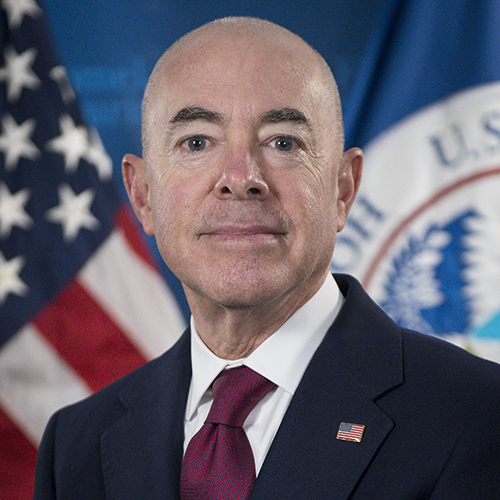

An additional 35,000 H-2B worker visas will be available for the second half of fiscal year 2022, the departments of Labor and Homeland Security have announced.
Employers looking to employ foreign workers on or after April 1 through Sept. 30 will be able to apply for the seasonal worker program under the joint temporary final rule. The news comes after U.S. Citizenship and Immigration Services had received enough petitions at the beginning of March to meet the congressionally mandated H-2B cap for the second half of FY22.
“We applaud the DHS and DOL increasing the visa cap, as immigrants make up a vital part of the nation’s healthcare workforce,” a representative from the American Health Care Association / National Center for Assisted Living told the McKnight’s Business Daily. “It is especially critical during this time, as we experience a historic labor shortage. We support meaningful actions that allow more individuals to come work in our facilities and provide care for our nation’s elderly.”
Secretary of Homeland Security Alejandro N. Mayorkas said the decision on the seasonal worker program was “informed by current demand in the labor market.” He said the department would “apply greater scrutiny to those employers who have a record of violating obligations to their workers and the H-2B program.”
The H-2B program permits employers to temporarily hire noncitizens to perform nonagricultural labor or services in the United States, as long as the employment is for a limited period of time. To hire H-2B workers, potential employers take a series of steps to test the U.S. labor market. They must provide certification from the Labor Department that proves there are not enough U.S. workers who are able, willing, qualified and available to do the temporary work for which they seek a prospective foreign worker, and that employing the H-2B workers will not adversely affect the wages and working conditions of similarly employed U.S. workers.
Of the 35,000 additional visas made available for this summer, 23,500 visas will be available to returning workers who received an H-2B visa or were otherwise granted H-2B status during one of the past three fiscal years. The remaining 11,500 H02B visas, which are exempt from the returning worker requirement, are reserved for nationals of Haiti, Honduras, Guatemala and El Salvador.
“Even with these additional visas, there’s not nearly enough visas for all of the types of workers that employers want to hire on the H-2B program,” Stephen W. Yale-Loehr, an immigration lawyer who teaches at Cornell Law School, told the New York Times. “But in the short term, at least, this is something the administration can do to help immediately.”


